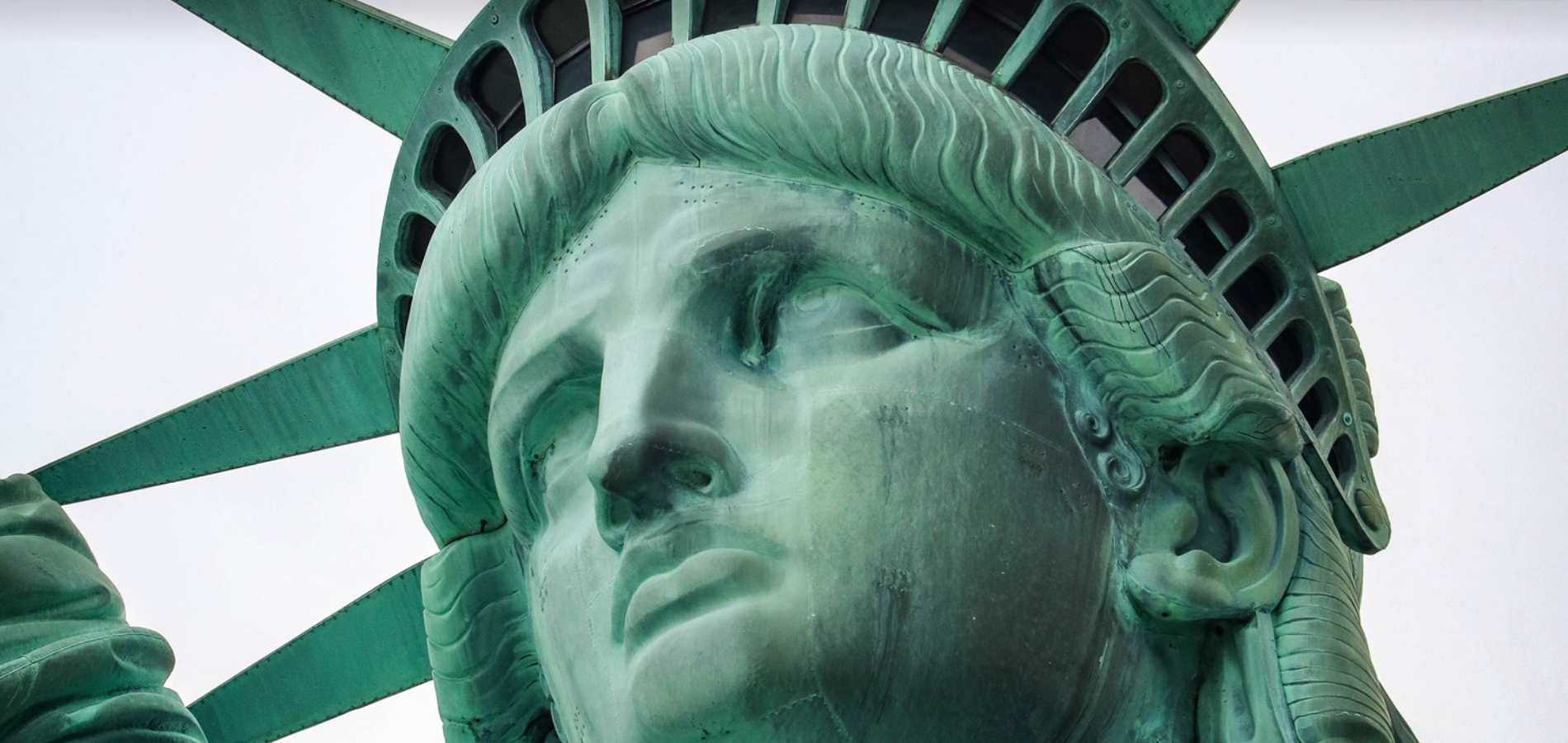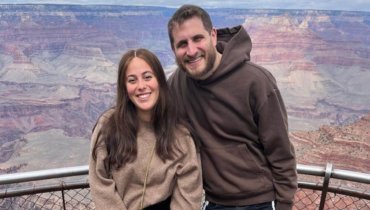Our Place Provides A Safe Space For Orthodox Jewish Teens On The Street
Eli Verschleiser, chairman and co-founder of the Our Place centers which combat abuse, trauma and addiction in Orthodox Jewish communities, considers himself an honorary Our Place member and thinks he always will be. Originally from Lakewood, New Jersey, his family was one of the first few hundred families who settled there. He had some trouble in school growing up and identifies with the struggle some students face. “I left my house at a young age and ended up going from school to school until about the age of fourteen.” He spent time in Israel and was a street kid throughout his teen years. In his twenties, he had a few friends who overdosed and died. “At that time I decided that I needed to start getting into this field and figuring out what to do for this population.”
Verschleiser realized that many of the kids who were getting high just wanted to sit and talk and figure out life. “I always had a different insight in talking to the people around me. I’ve always had that personality of trying to figure out a problem.” When he saw depressed people, he realized that he could really sit and talk with them about their problems. He discussed it with others in the field and they decided to open a place where kids could safely hang out and be themselves. They acquired a pool table and gym equipment and have been open in the heart of Flatbush since 1998. “We opened the doors and slowly started attracting the kids in the street.” They now have thousands of alumni.
The initial community response was, “Go somewhere else. This is not something that we want in our community. You’re just going to ruin children and give them a place to get worse.” But then, more organizations, school and individuals started working in the same space. “It took ten years…to get people to go public with the work they were doing.” Today, they are the largest organization in this field, with seven locations and 1,856 new attendees just in the last year. Their Our Place Drop In Youth Centers separate for boys and girls, serve teens from thirteen years old to twenty-two, though officially the youngest is sixteen. “There are a lot of 8th and 9th graders on the streets. We’re big believers that we should give them everything that they want in a safe environment.”
The boys 5,000 square foot drop in center is an underground hangout, which features a pool table, ping pong, basketball hoops, large screen TVs, video games and consoles, alongside a 100″ tv for 15-20 people to watch a game or a movie. They offer clothing, a smoking room with hookahs, a dining area that serves hot meals, a full-size gym with every type of exercise machine, a sound-proof music room with instruments, a studio to record and learn how to shoot photos, and computer equipment to teach editing and film technology. Most importantly, each center features a head of mental health and a slew of mental health professionals. They also each have a project and events coordinator, a facility manager and many volunteers. Between 50-75 kids per night come to each center.
“There is no question that the [thousands] of kids who have come through the organization in the last twenty plus years have had severe trauma.” 90% of the girls have been documented as having been traumatized and sexually abused and 60% of the boys have also been sexually abused. The yeshiva system, learning difficulties and being put into a box which they don’t fit into has impacted them all. But this isn’t a new epidemic. “Its’ always been a problem…” Tens of thousands of Jews who don’t fit into a narrow definition all deal with it differently, but Verschleiser feels that to solve this crisis, it is crucial to be there for them. “Every Jewish soul, there’s no amount of money that we could equate with any individual’s life.”
The astonishing amount of sexual abuse and its repercussions are an important cause for Verschleiser and his wife Shani, whose organization Magenu is combatting a lack of information from the ground up. “There are simple things that need to be added to the education…to all adults who take care of children, and that will bring the numbers significantly down.”
The measurement of success for Our Place is about their alumni integrating back into normal community life. They also oversee The Living Room, their post-rehab reintegration program. There are now locations in Queens, Brooklyn, Lakewood, Rockland, Five Towns and more, which from age 18-80 offers twelve step programs and a community for anyone who needs it. “These are individuals with tattoos, nose rings and piercings to Hasidic with beards and payos…together they are staying sober and staying mentally healthy.” Hundreds of active members benefit from the organization. Their new division, Our Village, has a sober living house in Rockland, the only not-for-profit sober living house in the country. It houses twelve young men and they are looking to open another one for young women. “For a transition between rehab and going back to regular life. It’s a step in-between.”
Verschleiser encourages parents and caregivers to pay attention to what children are saying, before they decide to end up in one of his programs. “Put your phone down and listen. Just love them. That’s the secret. Unconditional love.” This is the solution to avoid the trauma that leads to these situations. “Rav Chaim Kanievsky said ‘This is today’s machla. Go to your neighbors and see who else has that problem and love that child. [They can love your child] and eventually, we will solve this problem.'” While Our Place is doing the job where these parents and caregivers have unfortunately failed, they are gratified to know that they are trying to do their part for this generation.
Tragically, Verschleiser has personally buried more than 38 young people. But despite these horrific losses, he is encouraged to keep doing what he is doing in order to help others. “It’s still a big issue and a very sad situation, but we keep on going and keep on trying to do the work.”
To learn more, click here.
If you found this content meaningful and want to help further our mission through our Keter, Makom, and Tikun branches, please consider becoming a Change Maker today.







